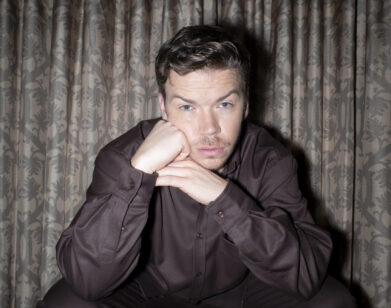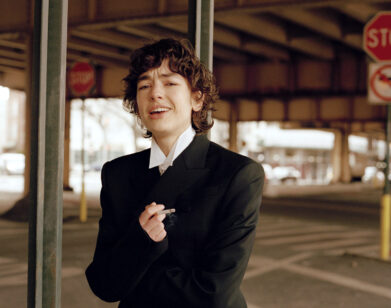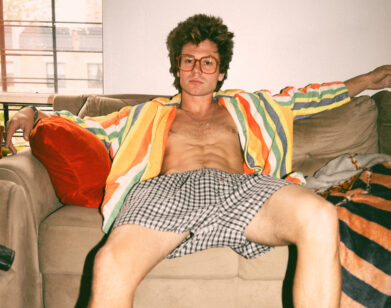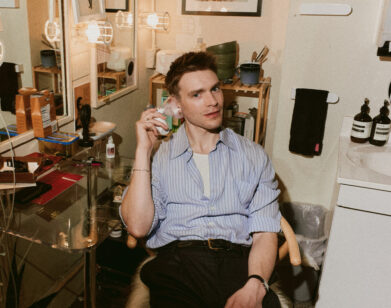Supreme Being
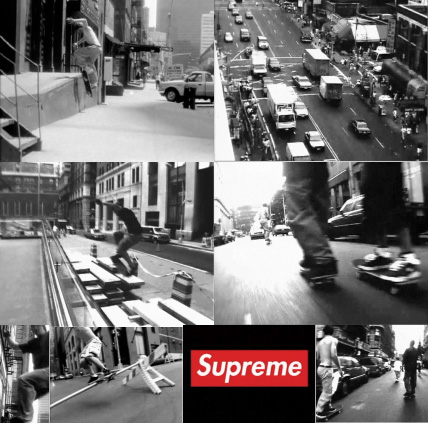
Despite the crisp, luxurious photographs of streetwear, decks, and of course, naked women, Supreme (Rizzoli), a new coffee-table book about James Jebbia’s hugely influential New York City skate company, is more than just catalog porn. More telling, it charts Supreme’s rise from its humble beginnings as a retailer on Lafayette Street (and hangout for local skaters) to its status today as an iconic global brand (and most important, a hangout for local skaters—whether they’re in SOHO or Harajuku). With hundreds of images of the company’s products and ads, the book illustrates how Supreme helped skateboarding catapult from the urban fringes to the avant-garde—and how the company went from producing baseball caps and logo T-shirts to collaborating with artists such as Jeff Koons, Marilyn Minter, and Takashi Murakami. Essays by writer (and former Interview editor) Glenn O’Brien and by aNYthing’s Aaron Bondaroff, as well as an interview with Jebbia conducted by the artist KAWS, lend the book a sense of perspective and history. “It shows a kid that you can still be doing this after a decent amount of time,” says Jebbia, who founded Supreme in 1994 after working at his first skate company, a little outfit called Stüssy. “The hope is to remain as relevant now as we were 15 years ago, and I think we’ve managed to do that.” That attitude is reflected in everything from Supreme’s eclectic taste in models (Raekwon, Lou Reed, Kermit the Frog) to the company’s boards, like the Larry Clark series or their 2000 take on the Louis Vuitton monogram (which was, of course, recalled). This year Jebbia plans to release new decks by artists George Condo and John Baldessari and to open a store in London. Supreme might have grown beyond the confines of its Lafayette digs, but the company is still true to its core. As Bondaroff writes, “Supreme was so epic and major: Race wasn’t an issue, money wasn’t an issue, we were all one color and that color was character.”
Click here to watch the film.
Photo: Stills from the short film A Love Supreme, directed by Thomas Campbell in 1995. Courtesy of Supreme.



